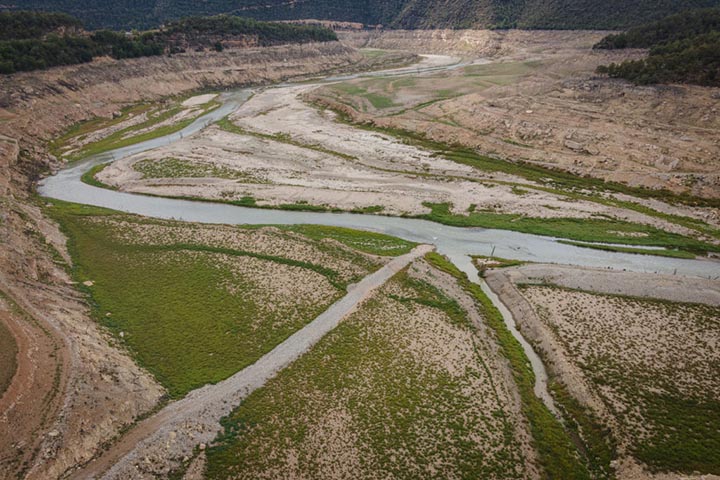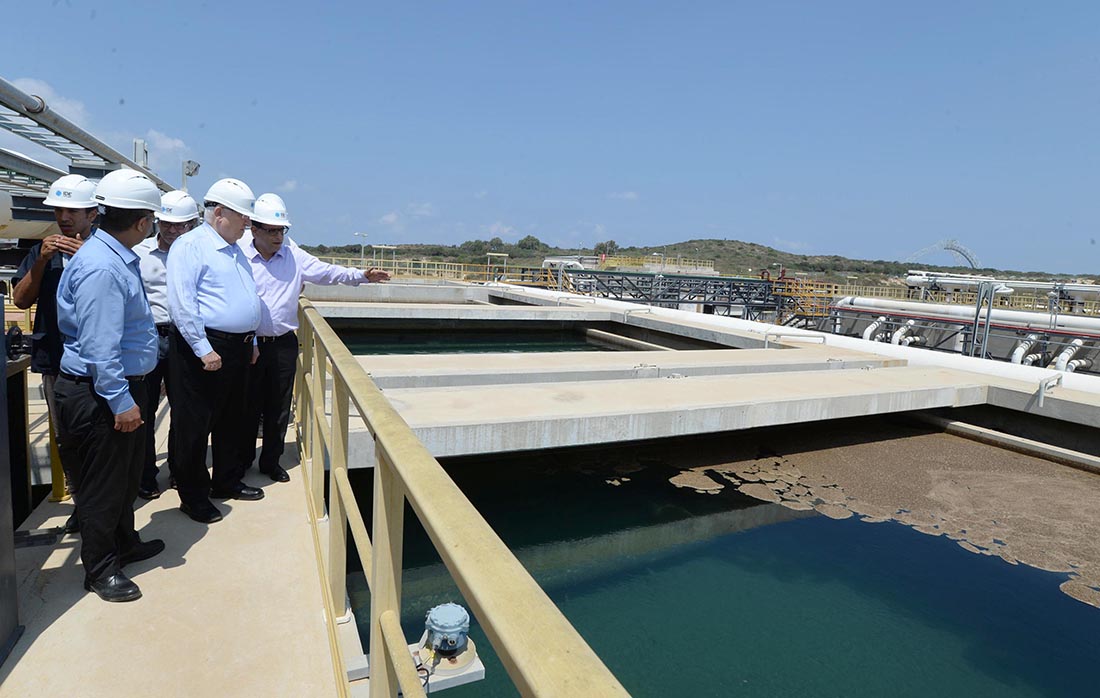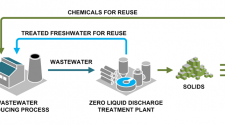From a Point of Distress, the Country is Being Thrust Into Global “Wicked Water Problem” Stage
One of my favorite quotes is: “The future is already here – it’s just not evenly distributed, yet,” from William Gibson, author of Neuromancer and creator of the cyberpunk genre.
This quote resonates with me because my point of view is that, with regards to innovation with water, the future is here more than is commonly acknowledged. Increasingly, as the public sector, utilities and corporations continually strive to address water-related challenges, there is greater innovation in technology, partnerships, business models and financing and funding.
I am also noticing how countries are now rising to the challenge of addressing “wicked water problems.” Traditional country leaders in water such as Singapore, Israel, Denmark and the Netherlands are now joined by other countries, including Spain.
The personal connection to leaders who are engaged in water innovation have shaped my view that Spain is a country to watch. A recent story on Spain’s investment in water infrastructure and digital technologies to address the “drought” provides some insights on their national strategy to ensure economic,
environmental and business health (Spain to invest around 16b in water to alleviate drought).
My view of Spain as a leader in addressing water challenges from the impact of climate change is also based on my participation in several conferences in Spain over the past couple of years (IWA Digital Water Conference and WEX Global: The Water-Energy Exchange) and conversations with water leaders such as Jaime Barba, Mark Barker, Alejandro Sturniolo and a Qatium Distilled episode with Koldo Urkullu.
Spain is feeling the impacts of climate change “droughts” and extreme weather events (torrential rain). Spain is one of the most water-stressed countries in Europe, with recurring droughts and over-exploitation of water resources. Climate change is expected to increase water scarcity in the coming decades. According to the Spanish government, 14.6 percent of Spain is currently in a “drought emergency,” while an additional 27.4 percent of the country is on drought alert.

This prolonged “drought” (really aridification) is having a socio-economic impact with estimates that grain production dropped 40 percent this year compared to the last year. As a result, Spain will have to import around 20 million tons of grain. Fruit and vegetable production has also been impacted by the “drought.” The Spanish government said that in Andalusia, instead of planting tomatoes on the usual 6,600 hectares (16,308 acres) of land this year, the drought dramatically reduced the production area to 1,700 hectares (4,200 acres). The government also warned that Spain is set to see the second poor olive oil yield in a row, although figures suggest the 2023 season will be slightly better than last year’s.
Spain is feeling the impacts of climate change “droughts” and extreme weather events (torrential rain). Spain is one of the most water-stressed countries in Europe, with recurring droughts and overexploitation of water resources.
The country’s responses to the “drought” and resultant economic impact include an investment of €14.9 billion ($16 billion) in water projects over the coming years. About nearly €12 billion of the investment will go towards projects such as desalination, water reuse, making pipelines more efficient, and regulating other infrastructures. Notably, more than €3 billion will go towards “digitizing water” with new technologies and big data, which the government says will be a “qualitative leap” in terms of managing water and the drought.
A few other initiatives and information of note:
- The Spanish government has implemented various policies and plans to improve water management, such as the AGUA Program 2005-2008 which aimed to promote efficient and sustainable water use.
- Water reuse and desalination have become important strategies. Spain is a leader in wastewater reuse, recycling over 17 percent of its treated wastewater. It has over 800 wastewater treatment plants with reuse capabilities.
- Spain has over 60 desalination plants which provide over 5% of national water supply. Large facilities like the Sorek desalination plant in Israel are being used as models for new large-scale projects.
- Investments have been made in modernizing irrigation systems. Over 1.2 million hectares of agricultural land have shifted from flood to drip irrigation, reducing water usage.
- Research and development on water technologies is promoted through various government initiatives like the State Plan for Scientific and Technical Research and Innovation and the Center for Industrial Technological Development.
- Public campaigns to reduce domestic water use have helped lower consumption. Per capita water use decreased from 132 liters/day in 2000 to 111 liters/day in 2015.
While investment in infrastructure and digital water technologies are key to addressing the impacts of climate change on the country’s water resources, Spain has also built a water technology ecosystem of startups, entrepreneurs, and investors – companies such as Idrica, Global Omnium, and Qatium to name a few.
I believe Spain is one of the countries to watch for innovation, investment, and leadership in addressing water scarcity and how to support economic development, business growth and social well-being.












